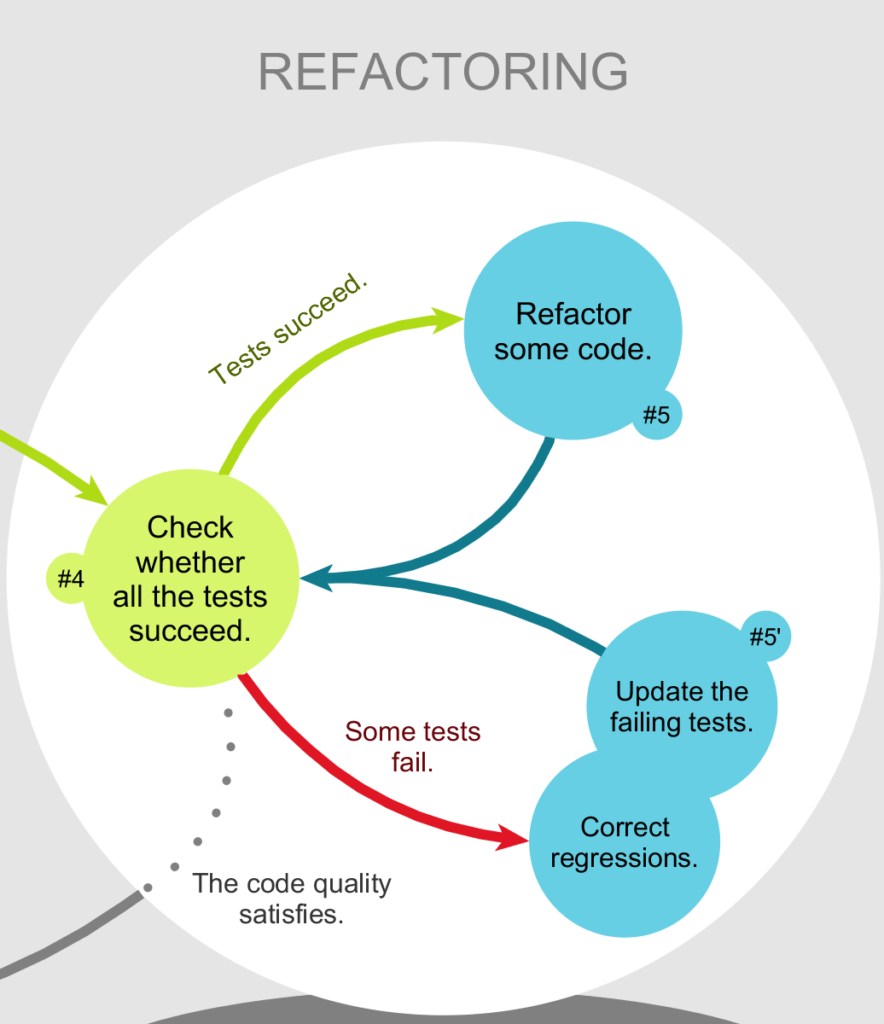The merits of unit tests — Part 2
Srikanth Sastry
•
13 November 2017
•
3 mins
In the previous post, we saw how unit tests can serve as a reliable source of documentation for your code. There is a lot more that unit tests can do for you. In this post I'll talk about a fairly obvious, but often ignored, benefit to unit testing: Refactoring.
I posted this article on LinkedIn and am reposting it here cuz’ this is the authoritative source for it :)
Refactoring
Refactoring is a less than pleasant, nevertheless, essential part of developing and maintaining high quality software. No matter how well designed your software is, over time a few things happen to it.
1. The assumptions you made about the environment change, and that triggers unanticipated changes to your code.

You started with the assumption that every account will have a unique username, but with the introduction of shared family-accounts, this may not be true anymore.
2. New/junior engineers make changes to the code that run antithetical to the original design.

While you were out on vacation, your colleague's intern made a less-than well thought out change to add an session expiry feature to your code with a bunch of if-checks that see if the session has not already expired. By the the time you returned from your vacation, this code has been in production for two weeks, and you have more important things to do.
3. The software is co-opted for something that it was never intended for in the first place.

That awesome geo-spatial indexing service that you wrote for indexing cities became so popular that it is now being used to index stores in malls across the country, and to accommodate that, the schema now includes fields such as 'store name', 'floor number', etc. which make no sense in your original use case; it has just been shoehorned here.
Every time any of those things happen, you accrue some tech debt, and eventually the tech debt gets so high that it start impeding your ability to make future changes. This is the point at which you have to redesign your software to reflect the new world it is in.
In my experience, one of the most delicate things about refactoring such code is that you often have to rewrite the software but keep all of its existing behavior intact. Any failure to do so will start triggering failures in the system-at-large. Having good unit tests can be an indispensable asset. If, throughout the evolution of your software, there has been a diligent effort to keep the unit tests up to date and with sufficient code/path coverage, the task of refactoring becomes a lot easier.
The rule of thumb is simply “As long as the unit tests pass, every iteration of your refactor is (most likely) correct.”
Good unit tests can save you multiple days or even weeks of making incremental changes and testing them out in production in a gingerly fashion in ensure that nothing breaks.
Like it? Share it!
